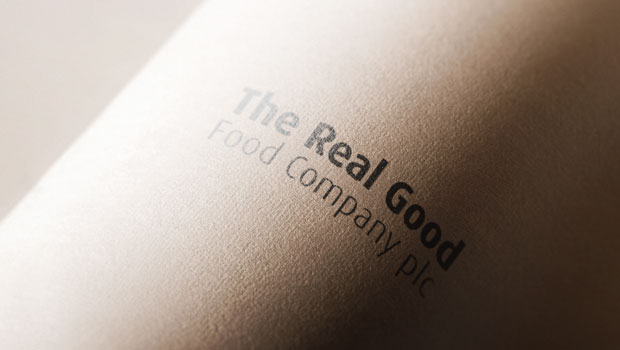Tough six months sees Real Good Food fall short of forecasts
Updated : 12:32

Real Good Food reported full-year revenue of £40.5m in a trading update on Wednesday - an increase of 9.0% on last year, but below the pre-pandemic prior year.
The AIM-traded firm said adjusted EBITDA was just under £0.7m in the year ended 31 March, compared to £0.2m in the 2021 financial year, equating to an expected, “much-reduced” loss before tax of £2.8m, narrowing from £6.1m.
Overall, the company said its performance was below that which the board had anticipated exiting the first half.
As it previously reported, the group performed strongly in the first half, with revenue and EBITDA “well ahead” of the prior year and back to pre-Covid levels.
However, revenues during the third quarter - the company’s seasonally busiest period - were said to be “disappointing”, and well below expectations due to severe shortages and erratic deliveries of key ingredients and services, compounded by high absence rates because of the Omicron variant of Covid-19.
That, the board said, affected the firm’s ability to fulfil customer orders, as the business worked closely with customers during the “difficult” period.
Trading in the fourth quarter and in the first weeks of the new financial year were still impacted by the shortages and absences, while “significant” input cost increases had also dragged profitability down.
Real Good Food said it would continue to focus its efforts on products that were profitable and pass the unprecedented cost increases - in sugar, palm oil, energy, packaging and transport - through to customers, although there was a “lag effect” of several months.
Overall, revenue in the second half was 7% lower than the prior year, while adjusted EBITDA for the period was “marginally positive”.
Net debt at year-end on 31 March totalled £25.3m, narrowing from £48.6m year-on-year.
The sale of Brighter Foods on 11 May, for cash proceeds of £35.6m, enabled £23.1m to be repaid to loan note holders, and £8.5m to be paid into the pension scheme to fully fund it on an ongoing basis.
Cash from operations showed a net inflow of £0.3m.
Looking ahead, Real Good Food said that given the “challenging environment” in terms of both cost and demand pressures, the board was focussed on reducing complexity and waste, other cost saving projects and selective new product launches to make the business “as competitive as possible”.
With a “significant milestone” due in 2023 relating to the repayment of borrowings, the group said it was focussed on improving performance to meet those obligations.
“The last few months have been very difficult due to a number of issues relating to costs, supply chain and unavoidable staff absences leading to our performance for the financial year just ended being worse than we had hoped,” said executive chairman Mike Holt.
“The unprecedented cost increases being experienced by all businesses are being passed through to our customers but there is a timing lag which is impacting profitability.
“The group is determined to hunker down, control costs and protect revenues, and has the support of its loan holders and major shareholders to navigate this difficult time.”
At 0800 BST, shares in Real Good Food were down 2.56% at 1.9p.